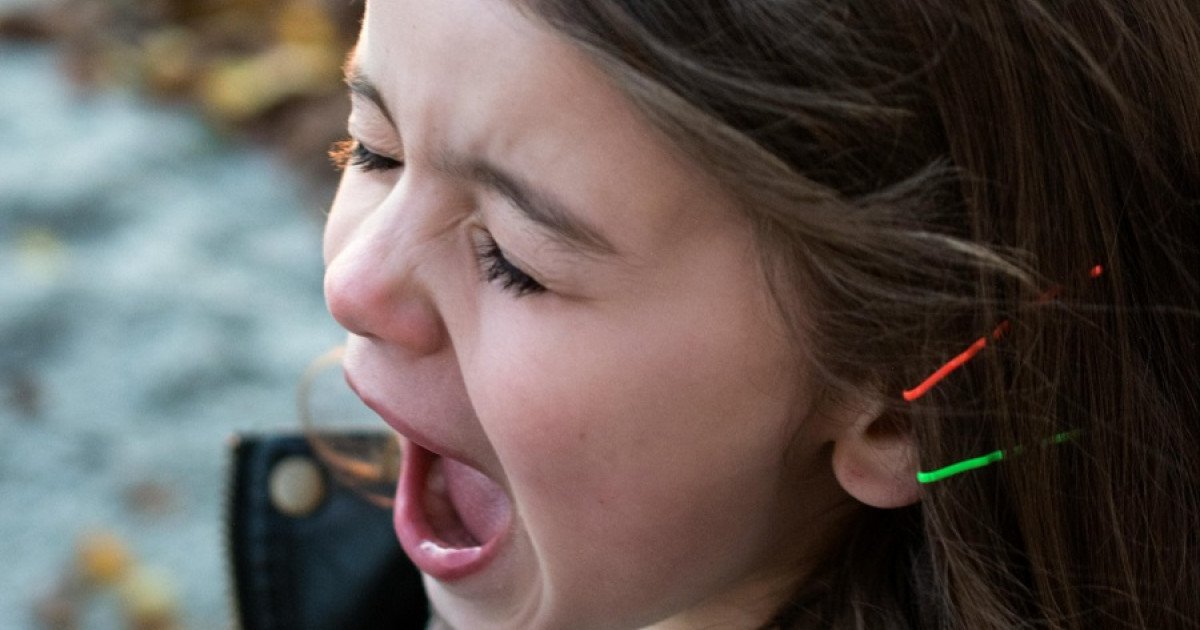Does Your Child Take the Lead? Perhaps It’s a Great Virtue
Many children naturally gravitate towards taking charge in group settings, directing play, and setting rules. This behavior often sparks curiosity in parents about its origins and what it might signify about a child’s developing personality and future traits.
Psychopedagogue Sylvie Pérez explains that a child who tends to give orders often `reflects authoritarian parenting styles` they observe at home. Essentially, they reproduce the dynamics they experience. However, Pérez adds that the presence of a bossy child also implies that there are other children willing to be directed. Within any group, various roles emerge, and individuals often settle into positions that feel most comfortable to them.
For children aged four to six, being in a leading role is typically comfortable for them; it’s often the parents who perceive it as a problem. It’s usually not until they are older that children might start feeling less at ease with peers constantly giving them commands.
Can Being Bossy Be Positive?
According to Pérez, a child being bossy isn’t inherently negative. If a child takes charge during playtime, it can indicate `clarity of thought and strong conviction`. As these children grow into adolescence, this characteristic can evolve. Pérez notes, “We can expect that by fourteen or fifteen, they will assert their own criteria and won’t be easily swayed by others.”
Furthermore, these children often `have a clear understanding of rules and contribute to their enforcement`. They are typically the ones who remember game rules and point out when others are not adhering to them. However, Pérez clarifies that `being bossy is not synonymous with true leadership`.
Distinguishing a ‘Bossy’ Child from an ‘Emperor’ Child
It’s important to differentiate between a `bossy child` and an `’emperor’ child`. A bossy child typically directs peers, a behavior often influenced by their home’s educational style. They might throw a tantrum if other children don’t comply but usually won’t direct anger towards adults.
In contrast, an `’emperor’ child` attempts to control adults. This behavior arises when adults have consistently failed to set boundaries, leading the child to expect their every wish to be granted. An `emperor child will react with significant rage towards adults` who do not yield to their demands.
Regarding when to seek professional psychological help for bossy children, Sylvie Pérez suggests that parents often hold an idealized image of a “perfect” child and worry when their child deviates. According to Pérez, intervention is necessary only if the child is suffering or causing others to suffer. For example, if two bossy children clash, concern is warranted if the situation creates distress for those involved. If the children are happy, not suffering, and not causing others suffering, professional help may not be required.

